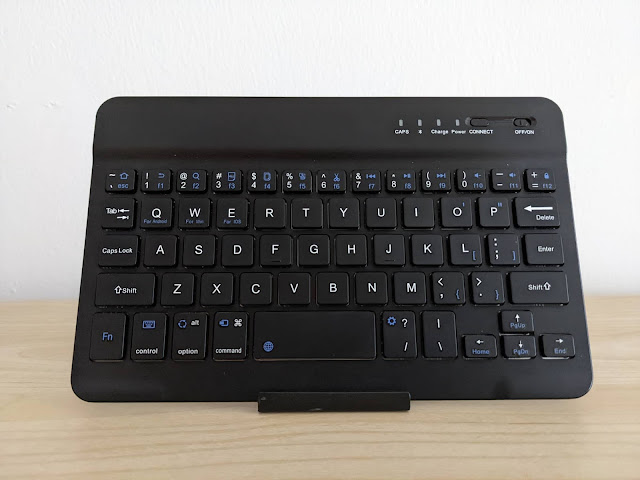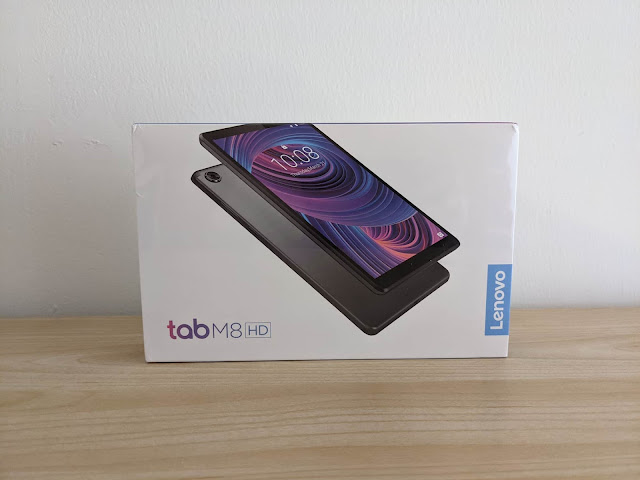Why I Use a Chromebox
Chromebooks are mainstream but many people don’t grok Chromeboxes.
A Redditor wondered what’s the point of Chromeboxes and what to use them for, especially high-end units. People seem to assume Chromeboxes are good only as kiosks or for who knows what uncommon use-case.
 |
| The main unit of my ASUS Chromebox 3. |
I use a Chromebox because I nearly never need to move my primary desktop device. And I want the most high-end unit I can get my hands on to do the same stuff cheap Chromebooks can do, but faster.
Let me elaborate.
First off, in 2015 I switched to using Chrome OS exclusively on the desktop. I stopped using traditional desktop operating systems such as Linux or Windows.
Therefore, for me the choice is among the form factors of Chrome OS desktop devices: Chromebook (laptop), Chromebox (fixed desktop system), or Chromebase (think iMac for Chrome OS).
I picked up a Chromebox as my daily driver because I work with it at the same desk 99.999% of the time. Since I nearly never need to move the device, I want the best experience with a large monitor, a full-size keyboard, a mouse, and a wired Ethernet network connection. I could plug these peripherals into a Chromebook but it would be pointless, take up a lot more desk space, and cost more.
 |
| The workstation of my ASUS Chromebox 3. |
I got the most high-end Chromebox available at the time I shopped for it, i.e. an i7 ASUS Chromebox 3 with 16 GB RAM and 256 GB storage. Why? To run exactly the same software that works on cheap Chromebooks, but with a snappier and more responsive experience. If you're old enough to remember MS-DOS, it’s like the reason many got 80386 DX PCs when the same software ran just fine on 8088 PCs.
Why not a Chromebase? Because I want to leave the door open to upgrading different parts of the system separately, such as changing only the monitor.
I also have a Chromebook, a Lenovo Yoga N26. I use it for experimenting with Chrome OS and on the — very rare — occasion I need the portability of a laptop.


